Calculate the impact of the food you may eat over three months
Let's get started calculating the impact of the food you may eat has on animals, the environment and planet earth over three months.
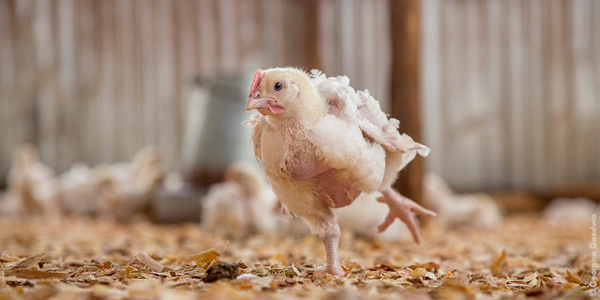

, let's start by calculating the impact of the chicken you may eat over three months
Poultry is the most consumed meat worldwide. Much of this expansion is due to the growth of large-scale production methods capable of delivering chicken to consumers at relatively low prices. By switching to a plant-based chicken option instead, you could reduce the global warming potential of your meal by 60%.
Select the servings of chicken you may have per week.
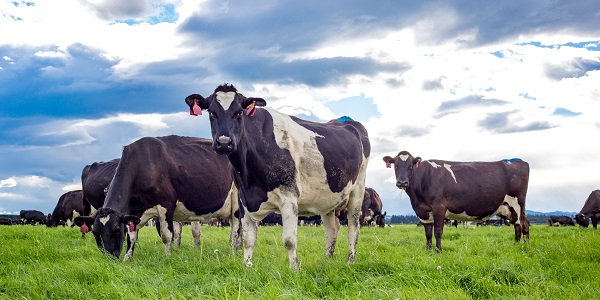

, now let's calculate the impact of the beef you may eat over three months
A cow on average releases between 70kg and 120 kg of methane per year. Methane is a greenhouse gas like carbon dioxide (CO2), though is is 28-100 times more potent than CO2, and has a lifespan of around a decade in the atmosphere. Because of this, methane’s impact on the climate is 23 times higher than CO2. The release of about 100 kg of methane per year for each cow is equivalent to about 2,300 kg CO2 per year over 100 years.
Select the servings of beef you may have per week.
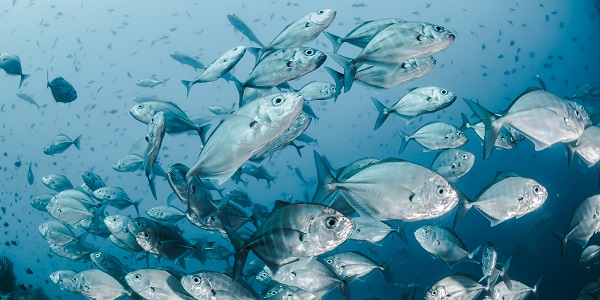

, let's now calculate the impact of the fish you may eat over three months
Previous research indicated that seafood has a smaller carbon footprint than other animal proteins, because fishing doesn't require farmland or the care of livestock. But a new study claims that catching fish using heavy nets that drag across the seabed – known as bottom trawling – emits about the same amount of carbon dioxide (CO2) globally as the aviation industry.
Select the servings of fish you may have per week.
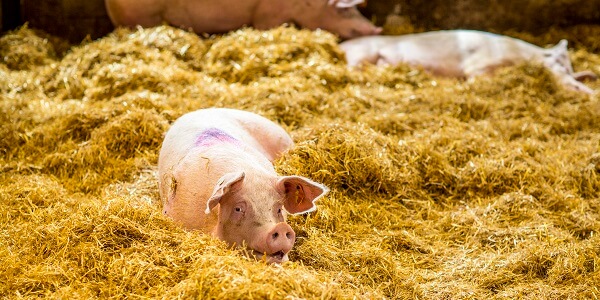

, let's calculate the impact of the pork you may eat over three months
The global production of food is responsible for a third of all planet-heating gases emitted by human activity. Animals farmed for meat cause twice the pollution of producing plant-based foods. The entire system of food production, such as the use of farming machinery, spraying of fertilizer and transportation of products, causes 17.3bn metric tonnes of greenhouse gases a year.
Select the servings of pork you may have per week.
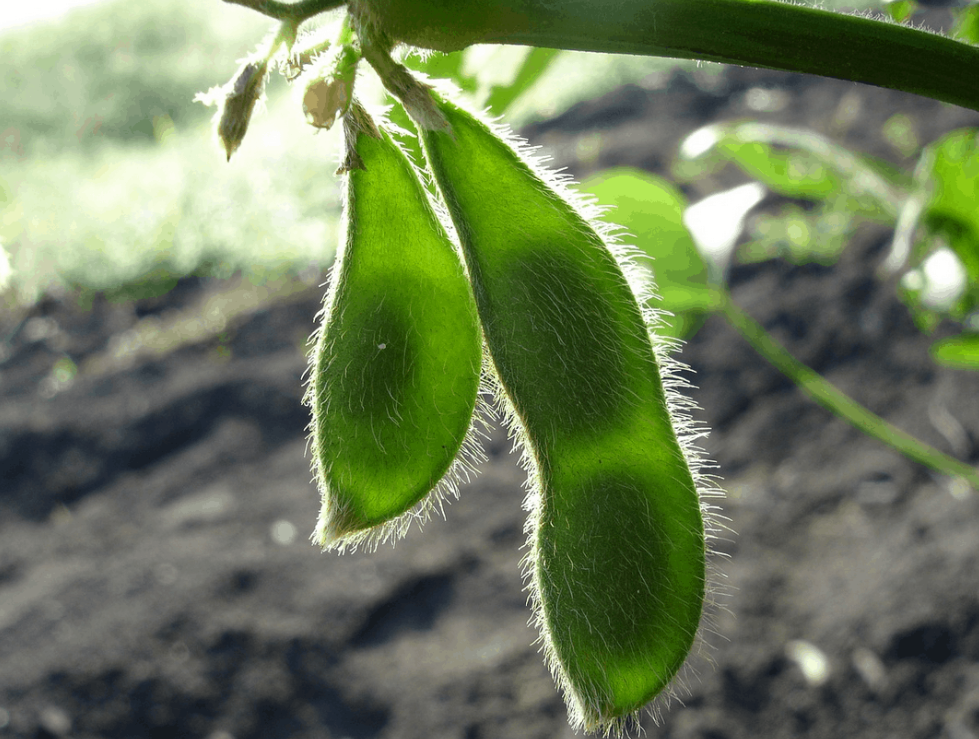
, let's calculate the impact of the tofu you may eat over three months
Tofu is made from soybeans, by curdling soy milk, much like cheese is made from cow milk. Soybeans, on the whole, have a much lower carbon footprint to animal products. It is more efficient to produce soybeans to directly feed humans, than to feed animals which humans will eventually eat.
Select the servings of tofu you may have per week.
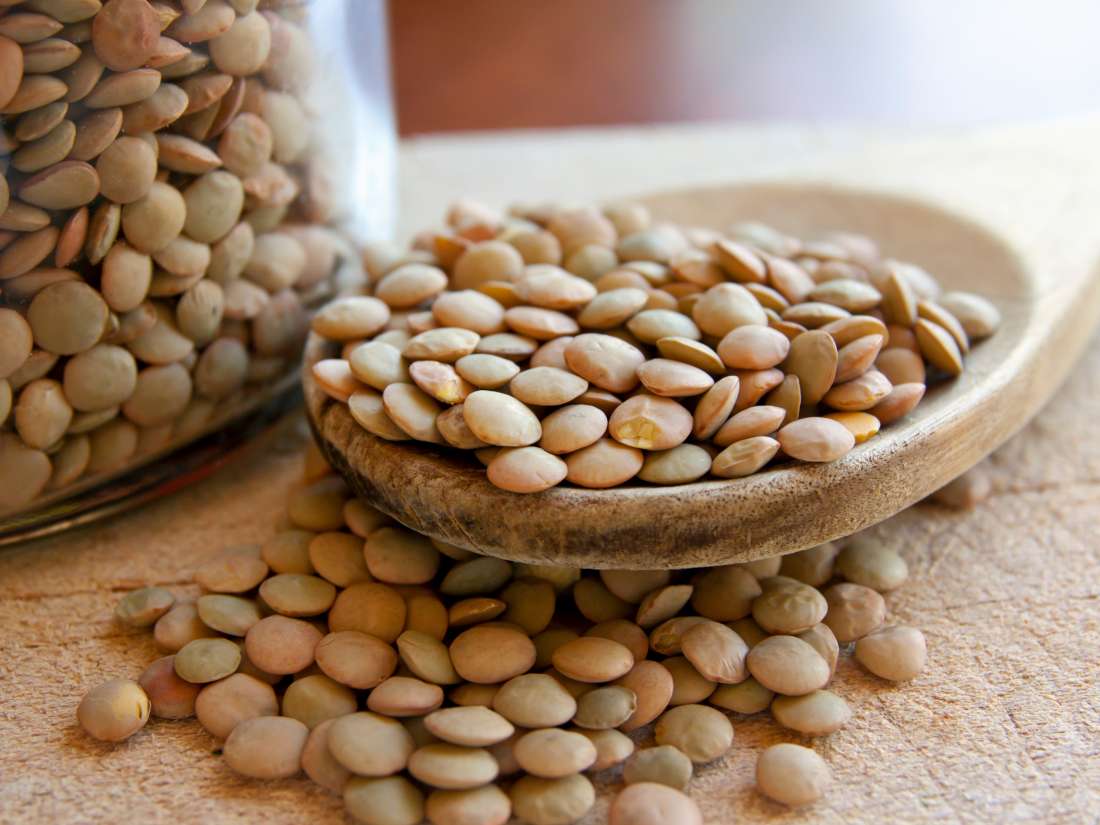
And finally , let's calculate the impact of the pulses you may eat over three months
Beans, peas, and lentils belong to a group of vegetables called “pulses”. Fruits and vegetables, on the whole, have a much lower carbon footprint to animal products. Transport plays a bigger role in the overall carbon footprint of plant-based foods – so in general, looking for locally sourced veg will mean lowering your footprint.
Select the servings of pulses you may have per week.
Thank you for participating :
In summary, eating more lentils, beans and nuts, instead of meat and dairy, could remove up to 16 years' worth of CO2 emissions by 2050, scientists say.
Researchers have calculated that broad uptake of such plant-based protein alternatives could free up land to support more ecosystems that absorb carbon. At present, around 83% of the world's agricultural land is given over to meat and dairy-based production — which produce a relatively small amount of the overall calories we consume every year.
This would effectively double the planet's so-called 'carbon budget' — the amount of fossil fuels emissions we can afford to release before we reach the threshold temperature rise of 1.5°C above pre-industrial levels.
Thanks again for participating!
Select each of the food types you consume, then select the amount of serves per week you have for each type.
Your total consumption will be shown below.
Select the number of servings of chicken you have per week:
(Average chicken serving size = 80g)
Your impact over three months:






Select the number of servings of beef you have per week:
(Average beef serving size = 80g)
Your impact over three months:






Select the number of servings of fish you have per week:
(Average Salmon serving size = 100g)
Your impact over three months:






Select the number of servings of pork you have per week:
(Pork serving size = 65g)
Your impact over three months:






Select the number of servings of tofu you have per week:
(Average Tofu serving size = 170g)
Your impact over three months:











Select the number of servings of pulses you have per week:
(Average pulse serving size = 150g)
Your impact over three months:











Your total impact over three months:

kgs
of CO2 produced*

litres
of water used*

animals
consumed*


 Back
Back











